15 Questions With… Daniel Mebarek
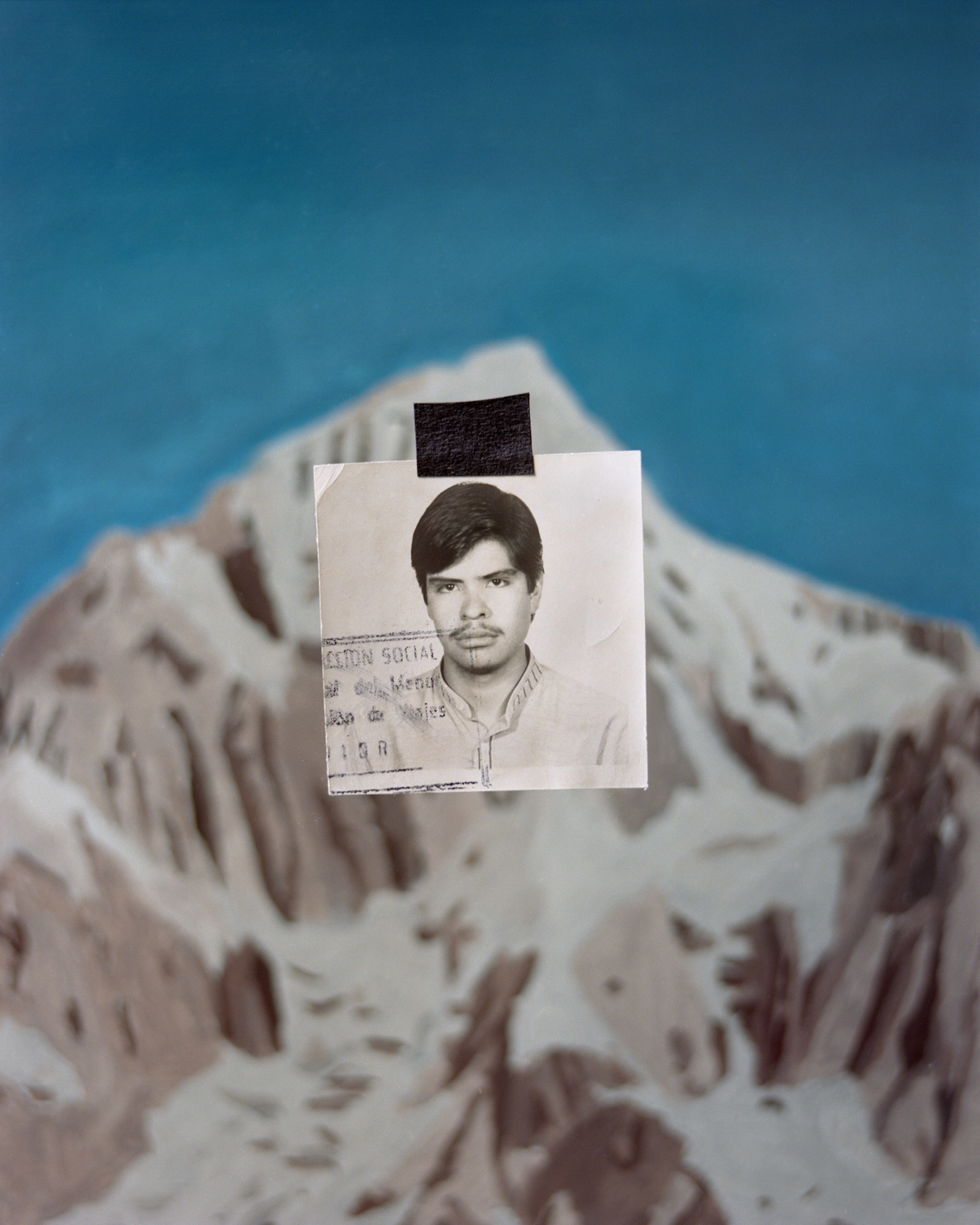
How are you at the moment?
I’ve been feeling re-energized and inspired by the different encounters I’ve had this summer. I recently came back from the opening week of Les Rencontres de la photographie d’Arles, which I wouldn’t have imagined being able to attend a few months back. It was amazing to have discussions and make connections in person again.
What is your morning ritual? How does your day begin?
I usually start my day by greeting my cat and making breakfast before getting ready to go to work. I have an office job four days a week to pay the bills. The rest of the time, my morning ritual often involves cleaning my apartment and answering e-mails. Nothing very glamourous!
What, right now, can you see?
Right now, I can see a pile of books on my desk that I have been leafing through lately: Jardín de mi padre by Luis Carlos Tovar, Hito Steyerl’s exhibition catalogue I Will Survive, a copy of Transbordeur issue #4 dedicated to the Worker-Photography Movement, and the exhibition catalogue Soulèvements by Georges Didi-Huberman. And, of course, my phone, which is always too damn close.
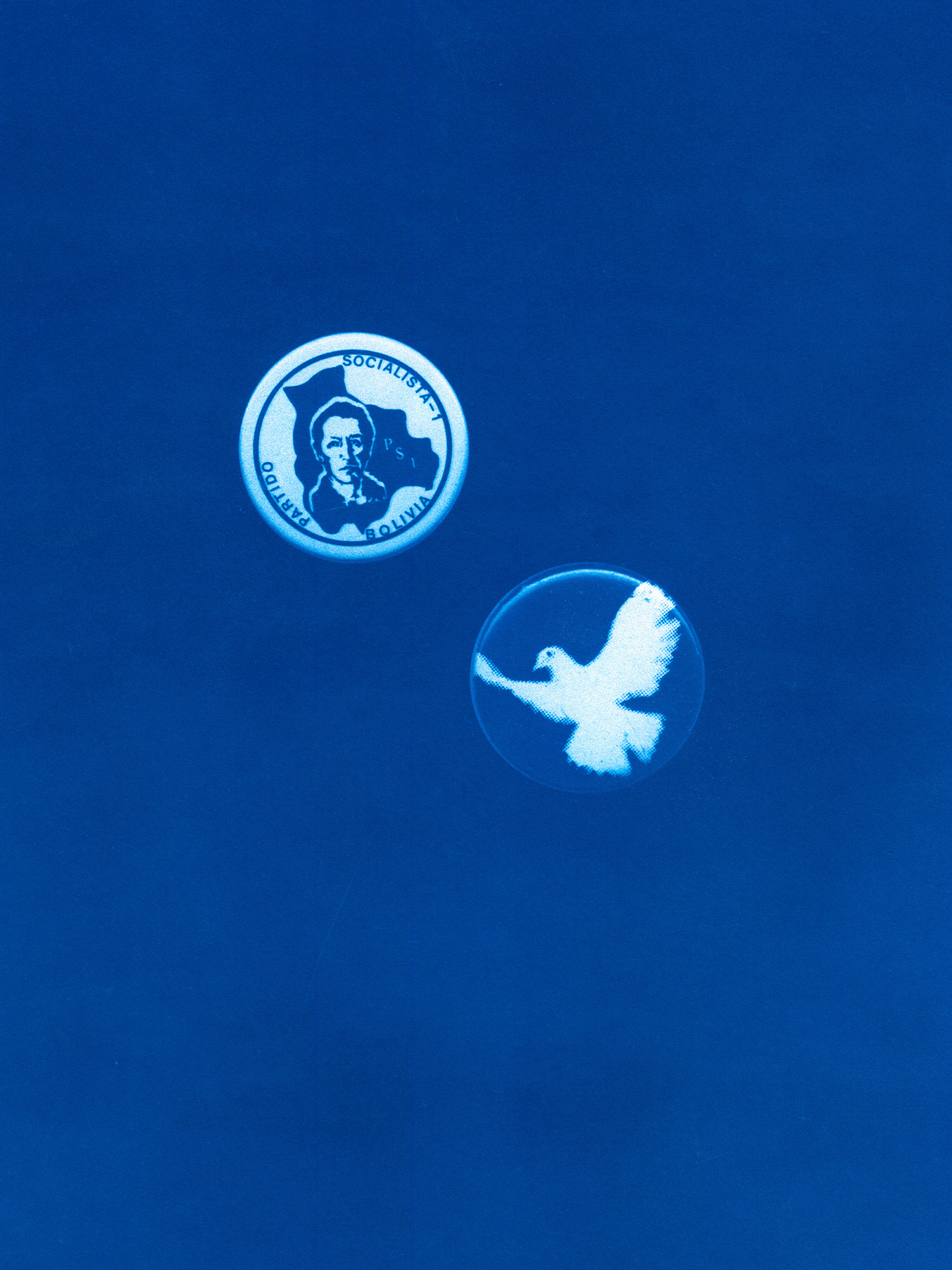
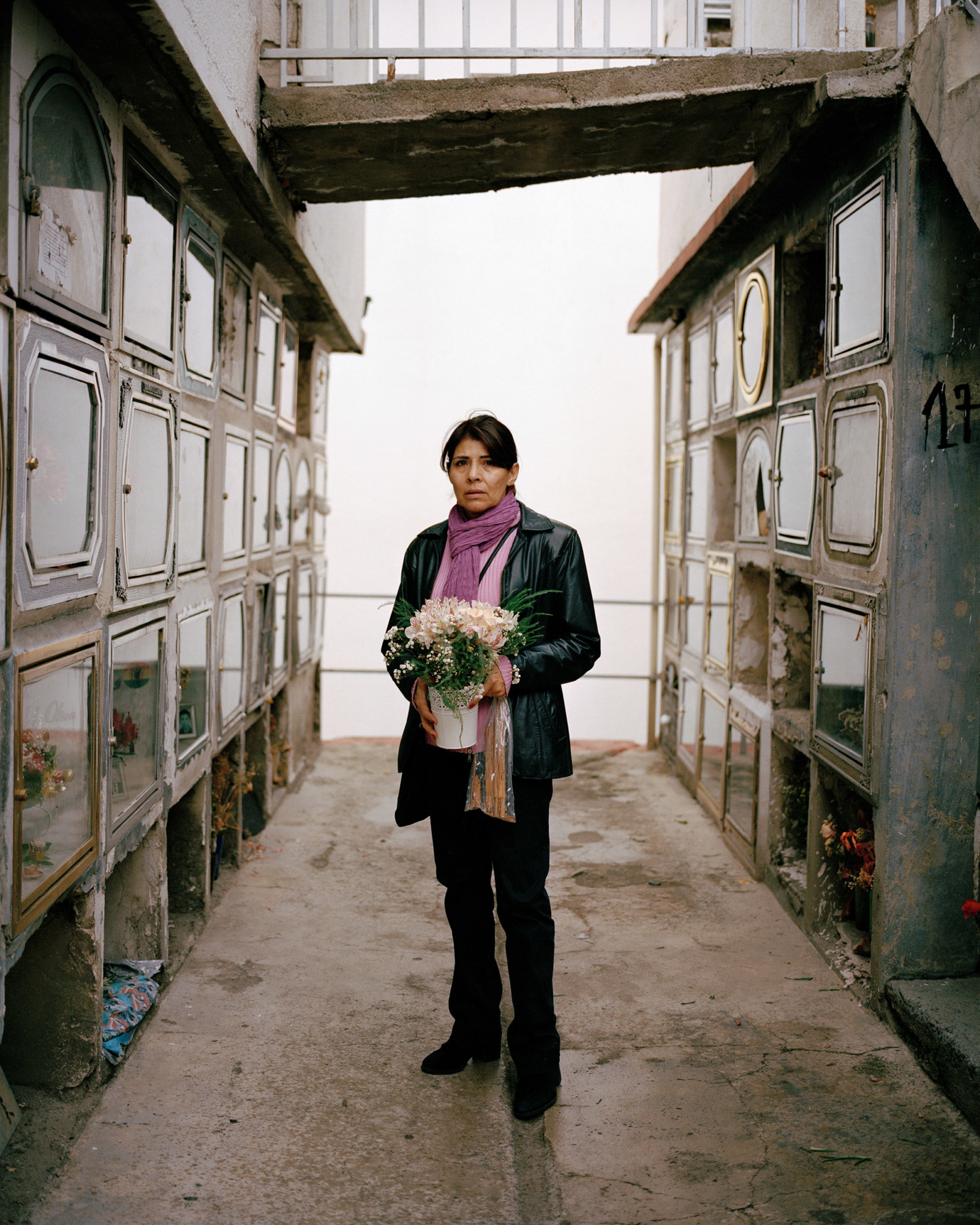
What artist, project, book would you recommend we see/follow?
I’m really excited about the recent work being done by fellow Bolivian photographers, including River Claure’s Warawar wawa and Marisol Mendez’s MADRE. I think Bolivian photography has long been a minority within a minority. We’ve largely been under-represented even at the regional Latin-American level. So, it’s been really great to see some recognition going to such projects.
Tell us about your process when starting a new project
It really varies for me. Some projects I’ve worked on have been more research-oriented, sometimes involving digging through public archives and doing lots of reading to better understand the subject at hand. Other times, I let myself take photographs and decide the orientation of the project as I advance. It’s important for me to maintain experimentation and play at the heart of my practice, testing different conceptual, narrative and formal approaches to a project.
What has been your favourite collaboration?
My favourite collaboration has been with my maternal grandmother. Over the years, I’ve taken hundreds of portraits of her in different situations and using a variety of cameras. It’s helped me reflect a lot on the photographic act and the dynamics between photographer and subject. On a personal level, photographing her has also been like a slow process of anticipated mourning, of coping with the passing of time and her ageing.
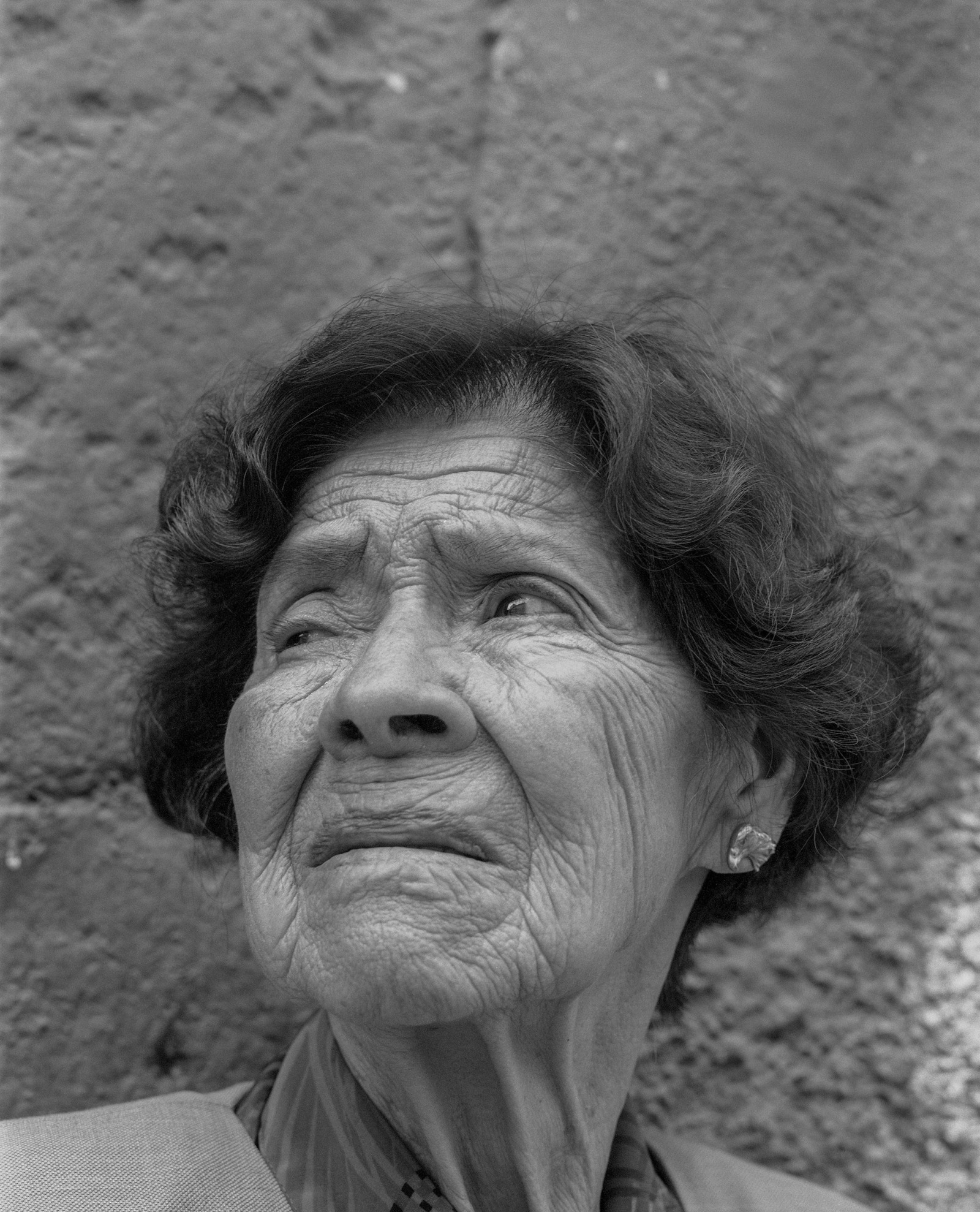
What is your greatest achievement?
Some years ago, one of the portraits I took of my grandmother was featured on the cover of a student Latinx magazine from UNC Chapel Hill where I was an exchange student at the time. I gave the only copy I had to my grandmother during one of my visits to La Paz and a couple years later when I visited again, I found out that my grandmother had been keeping the magazine cover hanging in her bedroom wall.
What is your greatest regret?
Nothing I would call regrets. Lots of mistakes, much self-doubt and some good moments that have brought me to where I’m at: a place where I’m excited to take photos and make art.
What advice would you give to your younger self?
To not be afraid of calling yourself an artist (something I still struggle with!) and sharing your interests in photography with others. Working at an office right after graduating from university, I got used to hiding my artistic practice and interests a lot. It took me a few years to find a community of artists and people I could exchange and grow with.
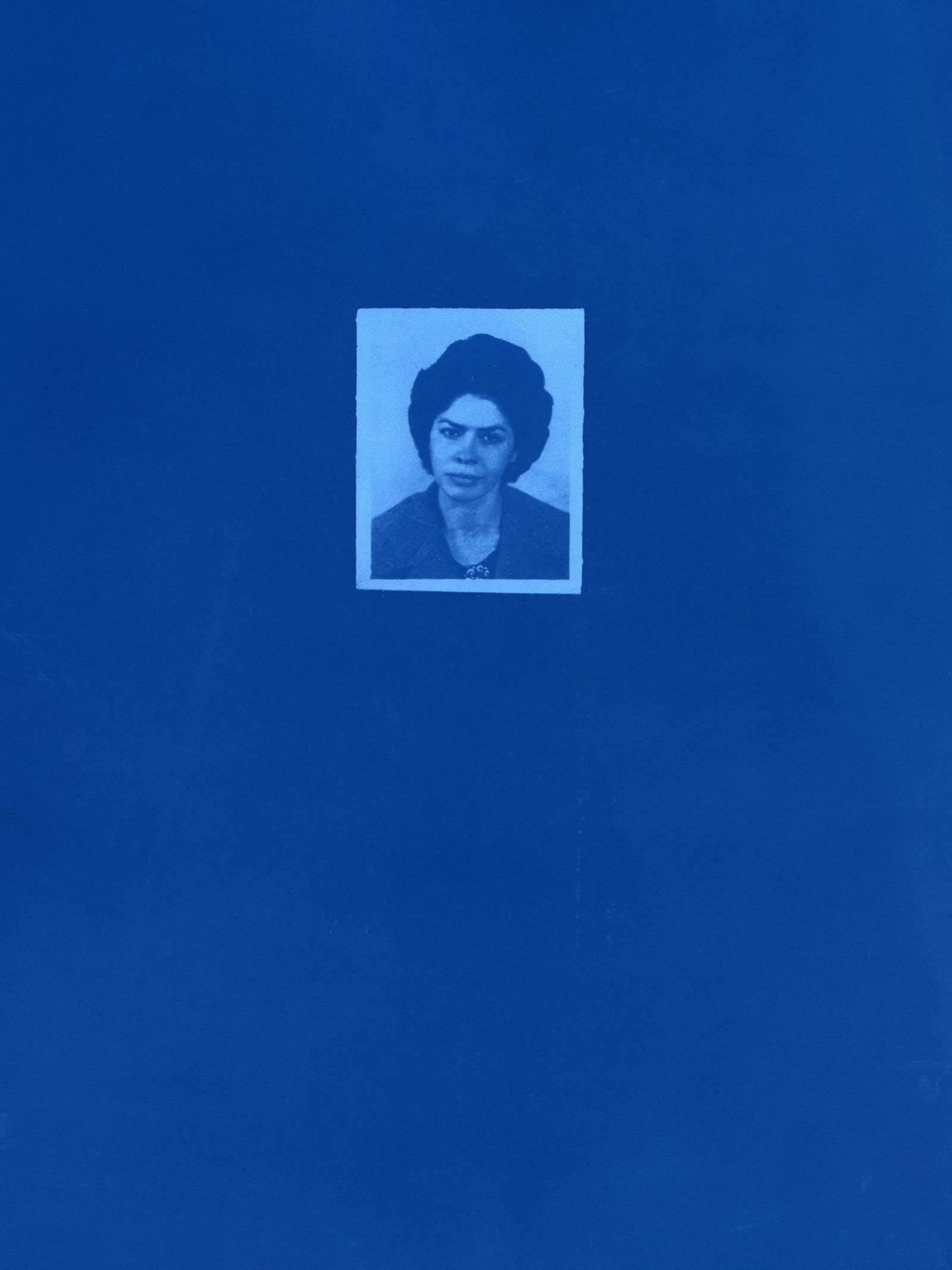

What is your latest project about?
I initially started my latest project, entitled La Lucha Continua, as a response to the 2019 post-electoral crisis in Bolivia. In the project, I combine archival materials (pamphlets, family photographs, and identity photographs) that I’ve turned into cyanotypes with contemporary photographs of my family and the city of La Paz. The dialogue between these two sets of images speaks to a personal exploration of my family history, specifically my late uncle and grandfather’s political activism, but also broader issues regarding state violence, trauma and collective memory.
What are you researching at the moment?
Right now, I’m researching for a new project about the Université de Paris 8 Vincennes-Saint-Denis, which has a fascinating history. Born out of the struggles of May 68 in France, the university was initially created as an experimental centre with the utopian ideal of being accessible to everybody, irrespective of having a high-school diploma or not. It soon became the hub of the country’s most important radical thinkers of that time: Michel Foucault, Gilles Deleuze, Jacques Rancière, among others. Now, fifty years after its creation, the university remains mythified for its radical and anti-institutional ethos – an image that is also constantly renewed by the political activism of new generations of students.
I will be developing the project further as part of an artist residency at the Cité international des arts in 2022.
What can you not work without?
Music in the background.
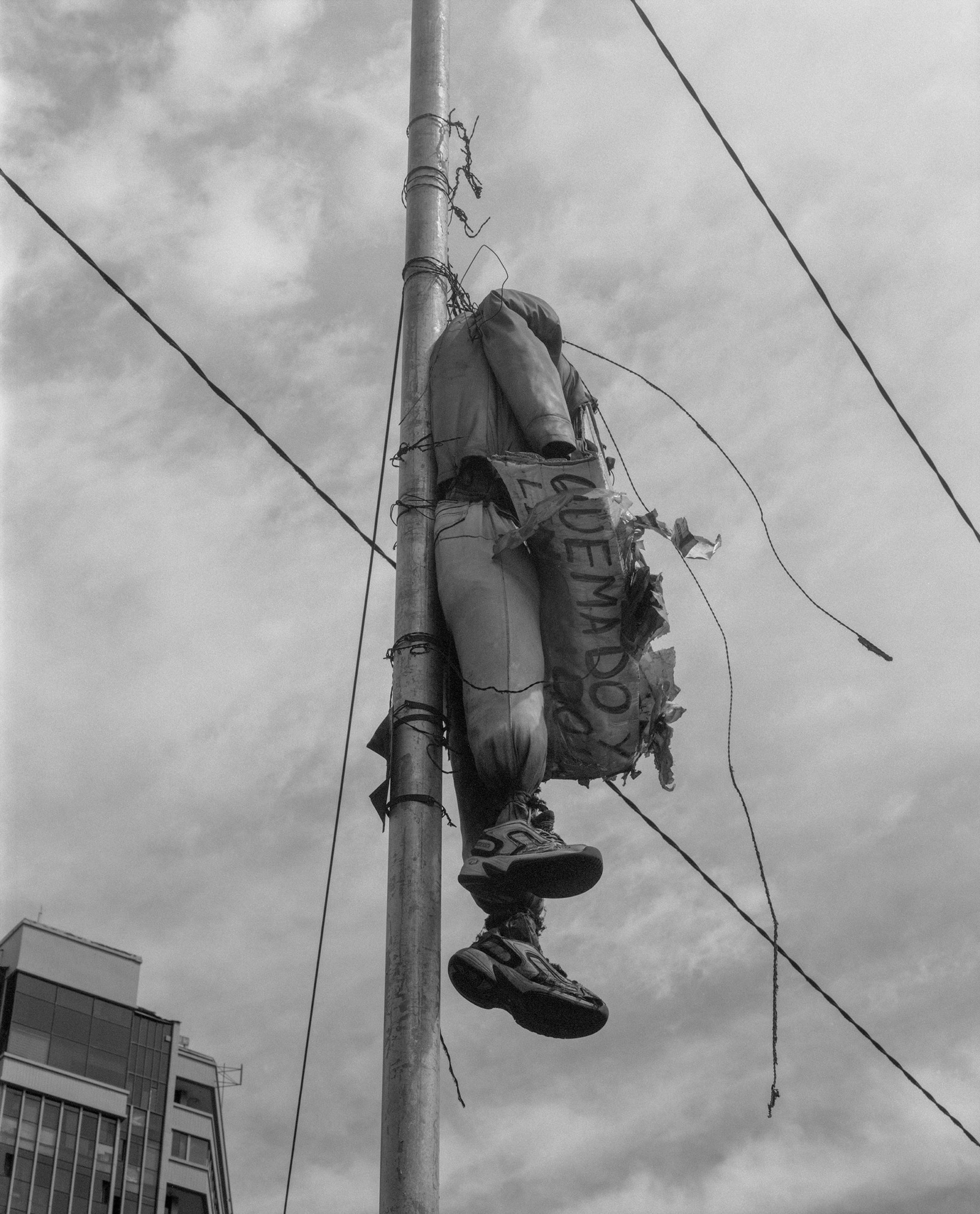
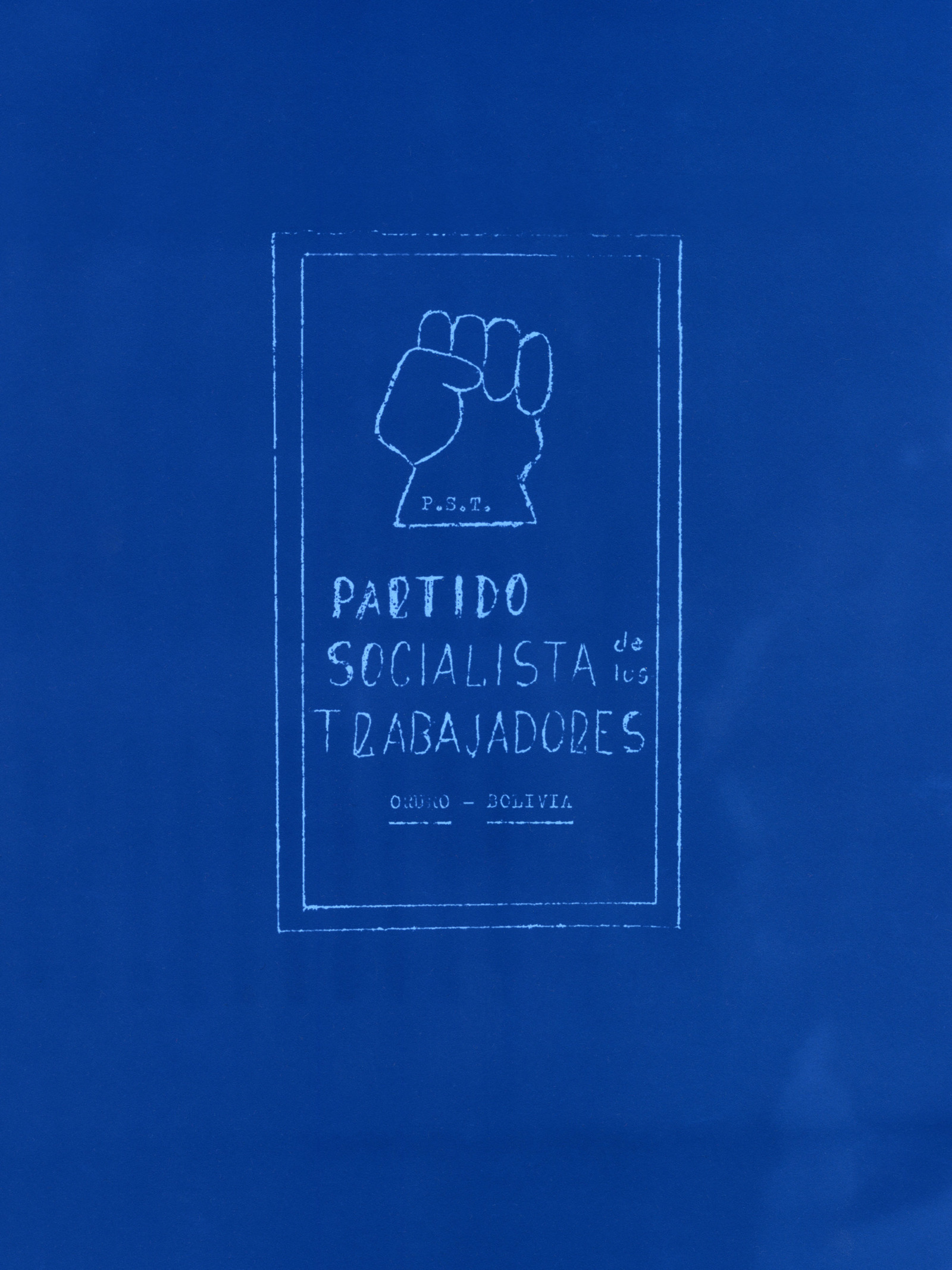
What challenges have you faced working in your industry?
Probably the hardest thing has been finding a balance between wanting to pursue an artistic path, making money and having a stable residence permit to stay in France. Passport privilege is real (even for folks within the Global South who have dual citizenship). It’s only been a year since I’ve been able to be at a place where I can do these things.
What are you hoping for in 2021?
I’m hoping to travel to La Paz before the end of the year, hug my grandmother and continue my project La Lucha Continua.
Share a song with us, what are you listening to at the moment?
Dolencias by Inti-Illimani
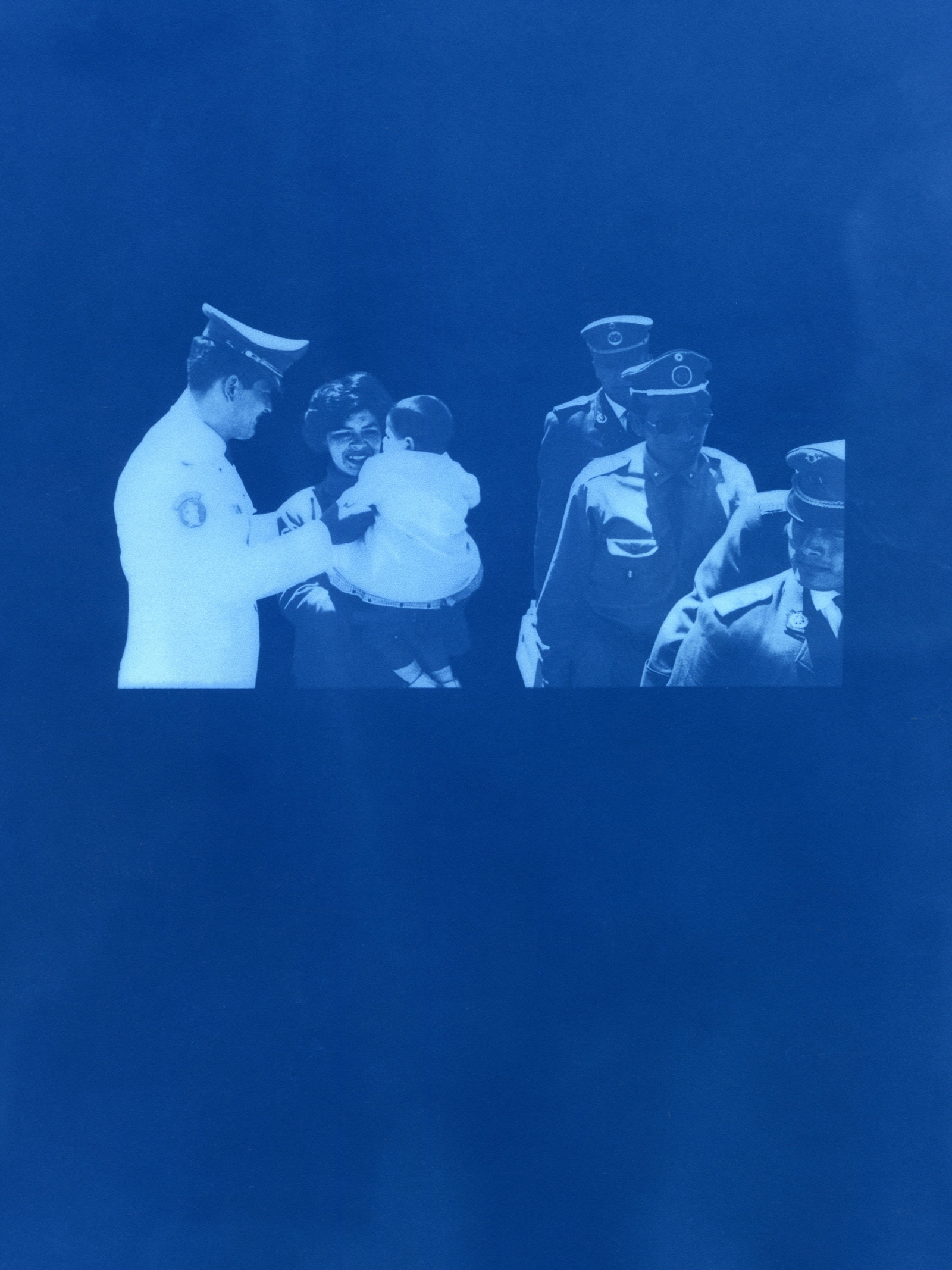
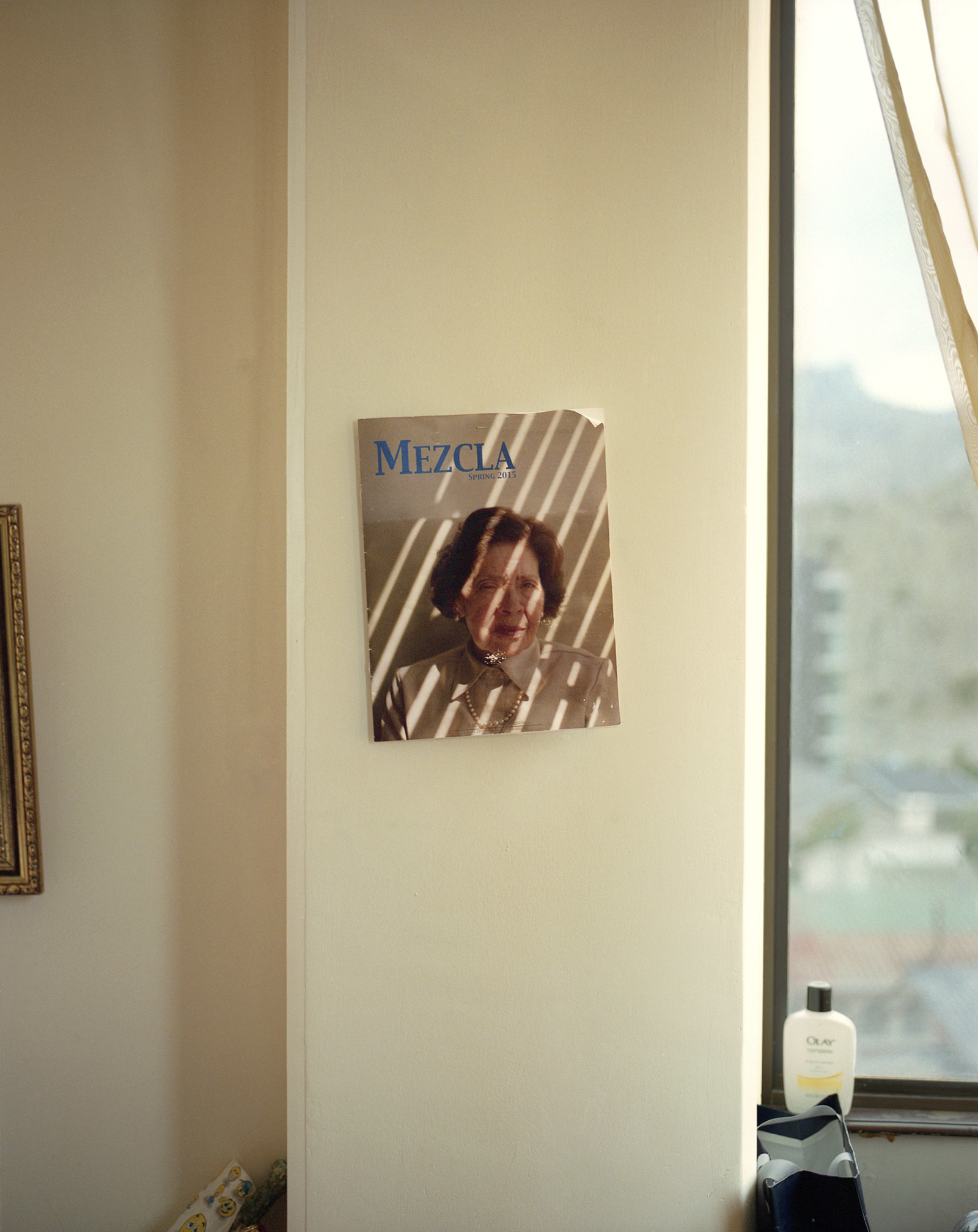
Daniel Mebarek (b. 1993) is a Bolivian lens-based artist and writer, currently living and working in Paris. His practice engages with issues surrounding collective memory, history and archives.
His work has been published in Fotofilmic (CAN), Der Greif (DEU), Humble Arts Foundation (USA), Kris Graves Projects (USA) and Balam Magazine (ARG), among others. His work was also selected for Aperture’s 2020 Summer Open exhibition held at Fotografiska, New York. Recent recognitions include the 2021 PHmuseum Photography Grant (3rd Prize) and the 2-12 Residence Award of the Cité international des arts in Paris.
